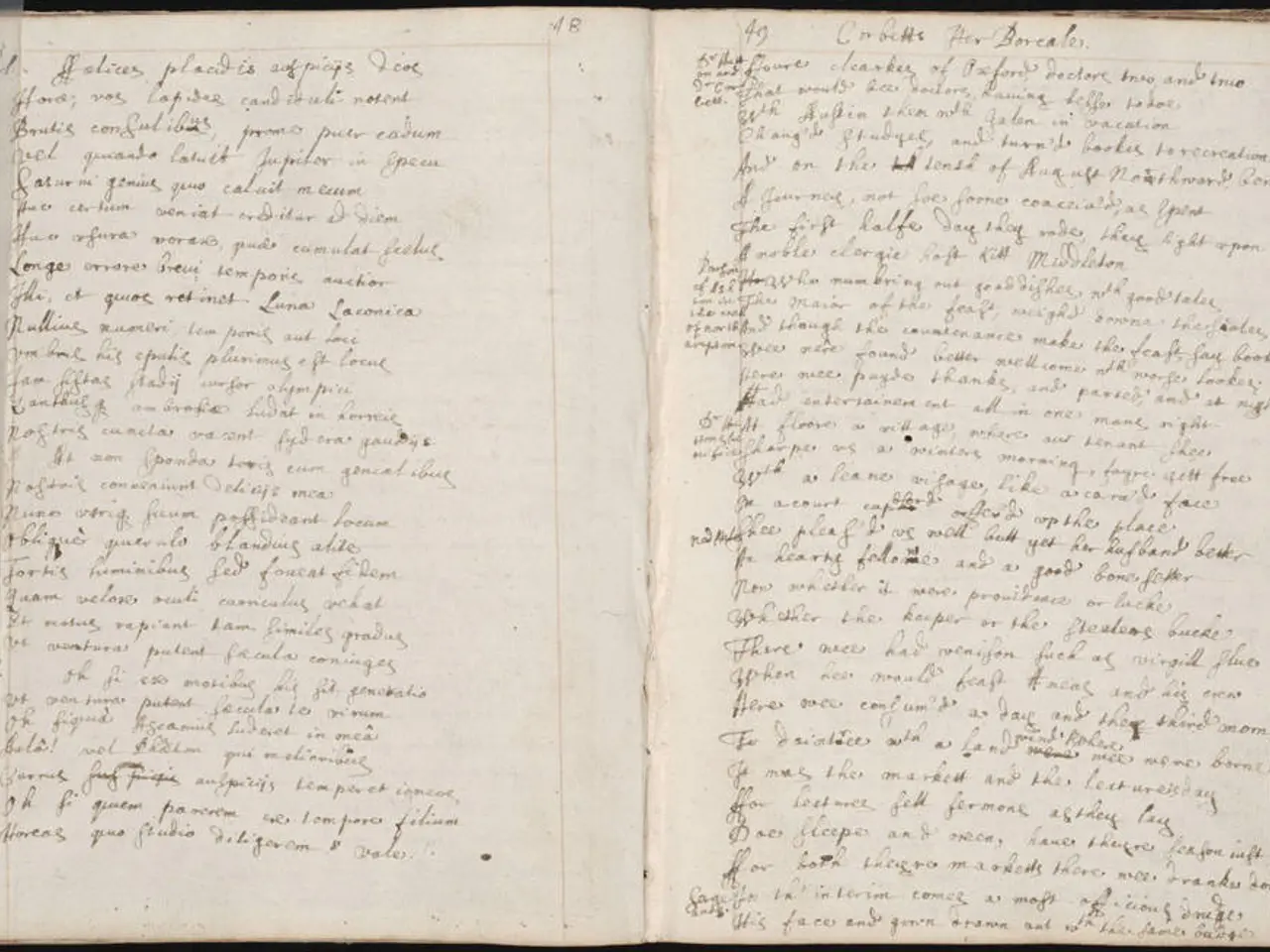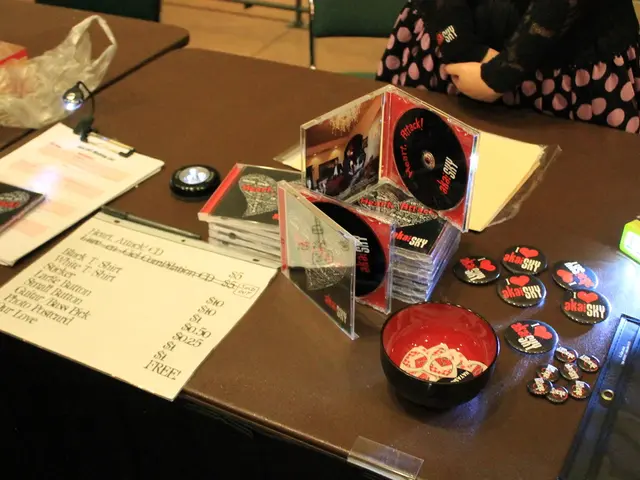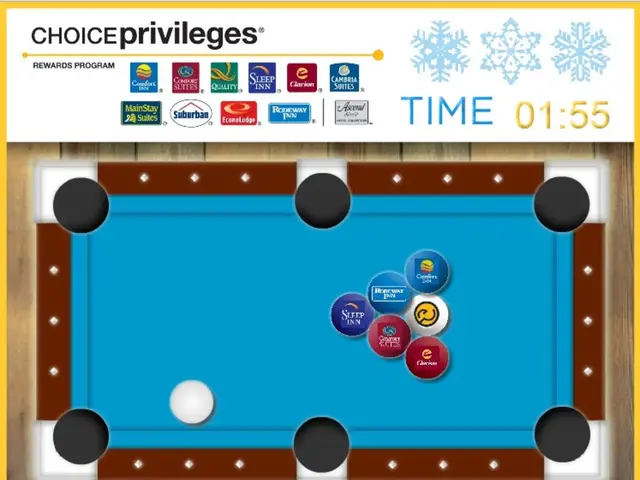Content Creators Largely Overlook Truth Verification, Yet Desire Skills for Fact-Checking
In a bid to combat the rising tide of disinformation and hate speech online, UNESCO and the Knight Center for Journalism in the Americas have partnered to develop a month-long global course. This initiative aims to empower digital content creators across the globe, equipping them with the necessary skills to navigate the complex world of reliable information.
The course, which started recently and lasts for four weeks, has already enrolled over 9,000 participants from 160 countries. The content of the course was produced by media and information literacy experts in collaboration with leading influencers worldwide.
A survey conducted by Bowling Green State University involving 500 influencers in 45 countries revealed some striking findings. While many content creators (62% of those surveyed) reported they didn't bother to check facts before sharing content, an even larger number of people (73%) indicated that they would like to be trained in fact-checking techniques.
Interestingly, 42% of respondents said they used the number of 'likes' and 'shares' a post had received on social media as the main indicator for assessing the credibility of information. This highlights the need for a more robust and informed approach to evaluating the reliability of digital content.
UNESCO Director-General Audrey Auzolay stated that many digital content creators are struggling with disinformation and online hate speech and are calling for more training. She further emphasised UNESCO's commitment to supporting independent journalism and empowering people with media and information literacy skills to recognise reliable information.
The course aims to provide a solid grounding in global human rights standards for freedom of expression and information. Participants will learn how to source information using diverse sources, assess and verify the quality of information, be transparent about content sources, identify, debunk, and report misinformation, disinformation, and hate speech, and collaborate with journalists and traditional media to amplify fact-based information.
UNESCO also plans to continue working with course participants after its completion, sharing good practices, promoting information integrity on a large scale, and raising awareness among peers. In addition, UNESCO published its first guidelines for governing digital platforms in 2023, aimed at helping governments and regulators address the growing pollution of the global information ecosystem.
The new UNESCO "Behind the Screens" survey, a major global analysis of digital content creators' motivations and practices, as well as the challenges they face, further underscores the need for initiatives like this course. The survey revealed that most digital content creators (59%) were either unfamiliar with or had only heard of regulatory frameworks and international standards relating to digital communications.
Moreover, the survey found that about a third (32.3%) of digital content creators reported being targeted with hate speech, but only 20.4% reported their case to the social media platform. This underscores the need for a more proactive approach to dealing with online hate speech and the importance of training digital content creators to identify and report such incidents.
Journalists could be a valuable aid for digital content creators in verifying reliable information, but links and cooperation between these two communities are still rare. The course seeks to bridge this gap, fostering collaboration between journalists and digital content creators to combat misinformation and promote information integrity.
In conclusion, the UNESCO and Knight Center global course is a significant step towards empowering digital content creators to combat disinformation and hate speech. By providing training, resources, and a platform for collaboration, this initiative aims to help digital content creators navigate the complex world of online information and promote a more informed and reliable digital landscape.








